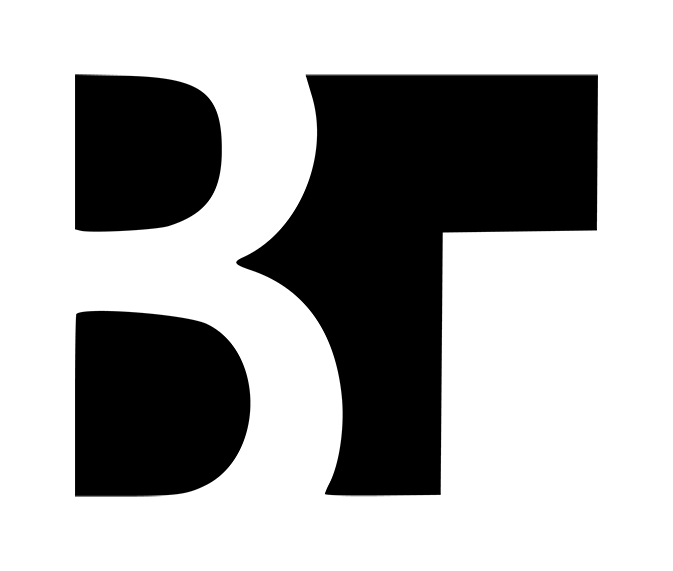
The Internet of the 2000's
The Internet is a very different place than it was a decade or two ago. I don't have much room to talk, but I have early memories of AIM (Adium) always being on, using StumbleUpon, Digg, and occasionally del.icio.us. I remember joining forums to learn more about hacking Xbox's, or the launch of the Microsoft Zune, or how to convert my Dell Mini 10v into a Hackintosh. Everyone was happy being a contributor, and you become known on the items you were most knowledgeable about. People didn't seek validation, there was just a sense of community that the internet had only recently enabled.
Internet safety wasn't as much of a concern as it is today either. You didn't wonder if the anonymous individual on the other end of a forum post was a creeper, hacker, bot, or "government-sponsored" manipulator. You didn't even wonder if the content you were reading was accurate. I felt like the internet of the 2000's people had a more healthy sense of skepticism in what they were reading. Fake news and alternative facts didn't exist, and even if they did, there weren't mediums that actively supported individuals in broadcasting inaccurate information. Don't get me wrong, wire fraud and Western Union email scams have existed practically since the day the internet came online, but there was this inherent barrier to getting online that prevented those most likely to fall victim to them from participating.
Forums for everyone
Some of my fondest memories of the internet was my participation in a handful of forums. Although I had never met a single person on any of these sites, everyone bonded over a mutual interest in the same topics. And in hindsight, the best part about all of it, is that the internet of the 2000's fostered conversations, unlike today in the era of social media, where we all participate in broadcasts to our audience. More on that a bit later.
One of the biggest modern day examples of a forum is Reddit. Each subreddit is effectively a standalone community, with very minimal oversight. Reddit seemingly solved the problem of having to find a new community for each thing you were interested in by putting it all under one roof. Quite an accomplishment, and as someone who has tried to start their own forum (circa 2009), I can't imagine how unbelievably difficult it was to start producing content.
Yet Reddit really didn't start out being a place to produce content, it simply curated it. Well, its users curated it through upvotes. This wasn't totally new to what Digg did, reddit just did it better. Digg also made some questionable decisions about their business that drove many away.
But I digress. The biggest difference in my mind that separated forums from Reddit was that forum posts were largely never "voted" on. A posts "rank" did not influence how visible it was to the rest of the forum audience. In fact, the popular posts were the one's that spawned conversations (replies), and not necessarily what people found interesting. In many ways, this was a good thing because it prevented the "hivemind" mentality you often see on Reddit.
Broadcasts crave validation
In today's era of social media, we all seek validation of what we're doing. We seek likes, thumbs up, +1's, upvotes, karma, you name it. There's a feeling of accomplishment with a successful "broadcast" across any medium these days. As an effect of this mentality, social media doesn't fit the mold of having a conversation online. After all, you're only sharing what you want people to know or think about you - in many cases, this is only the best parts of your life.
Influencers on social media
The best of us aren't necessarily the biggest contributors or the wisest. Instead, they're "influencers" who game algorithms, participate in clickbait, and otherwise draw attention to themselves. Now there are genuine influencers on the internet these days, they are just fewer and farther between - despite being easier to find. In many ways, the internet of today has enabled this bias that there's an intent of harm when you're online. Just like we all have our preferred news channels, we all consciously watch and filter for what we don't want to hear - cognitive dissonance. And there are many tools that make this easier than ever.
On the topic of sharing content, this is not to say that folks in the 2000's shared everything online, but because everyone's sphere of influence or network was smaller, more genuine, and organic, there largely were no repercussions of sharing more intimate details of your life. Compliment that with a virtual identity (think usernames versus real names), and there was a great sense of community that I think is mostly lost today.
Transitioning to big data
When I talk about the internet today, I think it's worth noting that there are tremendously more people on the internet then there was 10, 20 years ago. The "tools" of today didn't exist, so while I might be nostalgic about what used to be, it's more likely that we're now the minority of the internet, rather than the majority. And not only are we a minority, but the content of the last decade is being monumentally dwarfed but what's is collectively produced today.
The mass enablement of internet-enabled devices is a revolution that has allowed us all collectively to produce tremendously more content than ever before. IBM estimated that each day we produce 2.5 quintillion bytes of data, as of early 2018.[1] To put a little context to that, that's 2.5 million terabytes each day, or 2.5 billion gigabytes. Let's take an example to visualize that: Consider that Apple's latest gen of iPhone's start at 64GB of storage. That means each day, we collectively produce enough unique content to fill 39 million iPhones each day.
Let's not forgot that an overwhelming majority of content produced ends up in huge data centers run by some of largest companies of our generation. It's strictly a visualization to think about data being produced in the context of iPhone storage.
In many ways, this is fantastic. Almost anything you want to know you can find online, but it can sometimes be difficult to maintain a sense of community when you're one of a million on the same channels.
Conclusion
The internet of today is a wonderful place which brings a lot of brilliant people together every day to collaborate on some of the most groundbreaking topics of our generation. While I do remain nostalgic of simpler today's, sometimes wishing I was just a few years old to have experienced it more, I don't have reservations about what the internet has become today, and I look forward to what the next 20 years will bring. Maybe it'll all come back to the beginning when we collectively realize social media isn't as great of a thing as it seems. As Bob Dylan would say, the times they are a changin'.


Member discussion: